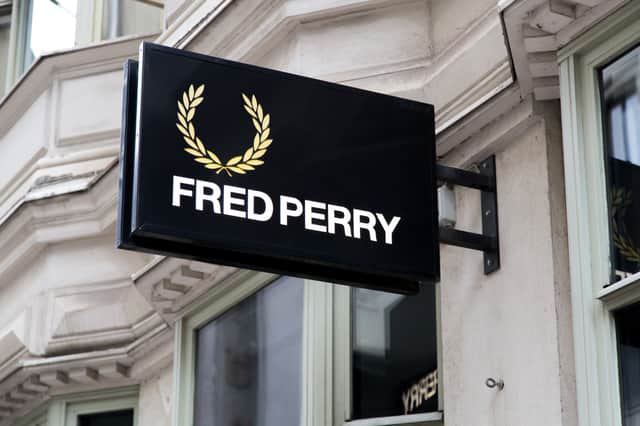Fred Perry will no longer sell this polo shirt design in the US after links to the far right


Fred Perry has withdrawn one of its famous polo shirt designs from sale in North America after the style became linked with a US neo-fascist organisation.
The clothing brand took its black and yellow polos off shelves after they were adopted by an extremist group known as the Proud Boys.
Who are the Proud Boys?
Advertisement
Hide AdAdvertisement
Hide AdProud Boys were classified as an extremist group by the FBI in 2018 and are listed as a hate group by the Alabama-based Southern Poverty Law Centre.
Founded in 2016 by Canadian-British right-wing activist Gavin McInnes, they are a far-right, anti-immigrant, all-male group. The group has a history of street violence against left-wing opponents.
Members often wear the Fred Perry black and yellow polo shirts with a red Make America Great Again hat.
Facebook, Instagram, Twitter and YouTube have all banned the group from their platforms.
‘We don’t support the ideal or the group’
Advertisement
Hide AdAdvertisement
Hide AdThe fashion brand - which was founded by and named after three time Wimbledon tennis champion Fred Perry in 1952 - said it “does not support and is in no way affiliated with the Proud Boys.”
The company added, “It is incredibly frustrating that this group has appropriated our black/yellow twin-tipped shirt and subverted our laurel wreath to their own ends.”
Fred Perry has said it will not sell the shirt in the US and Canada until its association with the Proud Boys has ended.
Chairman John Flynn said Perry “was the son of a working-class socialist MP who became a world tennis champion at a time when tennis was an elitist sport.
“He started a business with a Jewish businessman from Eastern Europe. No, we don’t support the ideal or the group.”